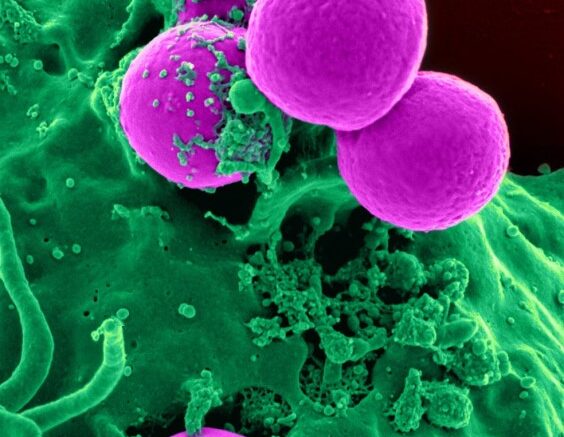More often than ever, monoclonal antibodies are being used to help treat cancer patients. The way these lab-produced drugs are used to boost the immune system and fight off cancer cells is a wonder of modern science. While there is still a lot to learn about monoclonal antibodies, understanding the basics is important. To help out, here is a useful guide to how cancer and monoclonal antibodies interact:
How Does Cancer Impact the Immune System?
Immune systems are made up of complex, interconnecting systems throughout the human body. These immune systems work tirelessly to detect and destroy disease-causing agents, like viruses, bacteria, and other harmful agents. Damaged cells, such as cancer cells, are often caught up in the immune system’s targeted destruction efforts. That being said, the immune system actually uses antibodies to do this dirty work. Unfortunately, cancer cells evolve to dodge this homing destruction process the immune system performs. When this occurs, cancer cells can develop more rapidly and spread throughout the body. This causes your immune system to become less effective and causes you to experience worsening cancer and other devastating medical side effects as a result. Tireless research happens behind the scenes every single day to further understand how the immune system and cancer cells interact. Every bit of research helps to push us toward a world where hard-to-treat or untreatable cancer is a thing of the past.
What Exactly is a Monoclonal Antibody Anyway?
Simply put, monoclonal antibodies are laboratory-produced molecules that have been engineered to serve as substitute antibodies for the immune system. Monoclonal antibodies can restore, modify, mimic, and even enhance the immune system’s attack on dangerous cells. When the body has a difficult time destroying cancer cells on its own, monoclonal antibodies can help to supplement these efforts, and course-correct the immune system’s cancer-killing efforts. The insane medical capabilities of monoclonal antibodies are still being uncovered. Similar to what we mentioned in the section above, the more work that’s done with monoclonal antibodies, the closer we are to obliterating the world’s cancer endemic.
How Do Monoclonal Antibody-Based Drugs Work?
The complexities of how monoclonal antibodies work in drugs that use these lab-produced molecules are hard to put into words for the average joe. That being said, it’s easy to give a brief overview of how monoclonal antibody-based drugs work. They do a mixture of important cancer-fighting tasks, including, but not limited to, delivering chemotherapy, blocking cell growth, flagging cancer cells, delivering radiation treatment, binding cancer and immune cells, preventing blood vessel growth, triggering cell-membrane destruction, and directly attacking cancer cells. Each of these important functions helps the body to destroy cancer cells that it would otherwise have a hard time identifying (let alone destroying).

How Can These Drugs Help Cancer Treatment?
There are a wide variety of monoclonal antibody-based drugs that have been approved for treating several forms of cancer. As the research around this wonder drug category progresses, more and more clinical trials are performed to study new potential uses for, and types of, monoclonal antibody-based drugs. Typically, monoclonal antibodies are inserted into the body’s immune system network via an IV. The frequency of these treatments can vary wildly and depends on both what type of cancer you have, and the intensity of said cancer. The treatment is rarely used on its own and is rather used in tandem with other cancer-fighting drugs to help save patients’ lives. While some monoclonal antibody-based treatments have become standard practice for cancer-specialized doctors, other monoclonal antibody-based treatments remain firmly in the experimental stage (including research on how the drug could be used to help Covid-19 patients).
Are There Side Effects Associated with Monoclonal Antibodies?
While monoclonal antibodies are a miracle drug in many ways, they are still not fully understood by the scientific community. Understanding the potential side effects that monoclonal antibody-based drugs can produce in the human body is important before starting treatment. The currently known side effects are as follows:
- Low blood pressure
- Skin rashes
- Diarrhea
- Flu-like symptoms
- Allergic reactions
- Lung problems
- Skin problems
- Infusion reactions
- Heart problems
- Bleeding
Stay Informed About the Progress of Monoclonal Antibodies
The more up-to-date you stay about the progress of monoclonal antibodies, the more prepared you can be to start treatment if you are diagnosed with cancer. That being said, not all types of cancers will benefit from monoclonal antibody-based drugs. Being sure to carefully consult with your doctors is crucial, and will help you determine if this treatment path is right for your recovery efforts. With the right science, luck, and determination, you can begin your journey toward becoming completely cancer-free.
